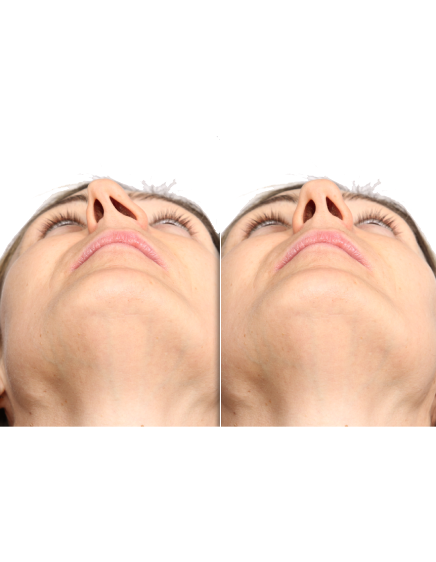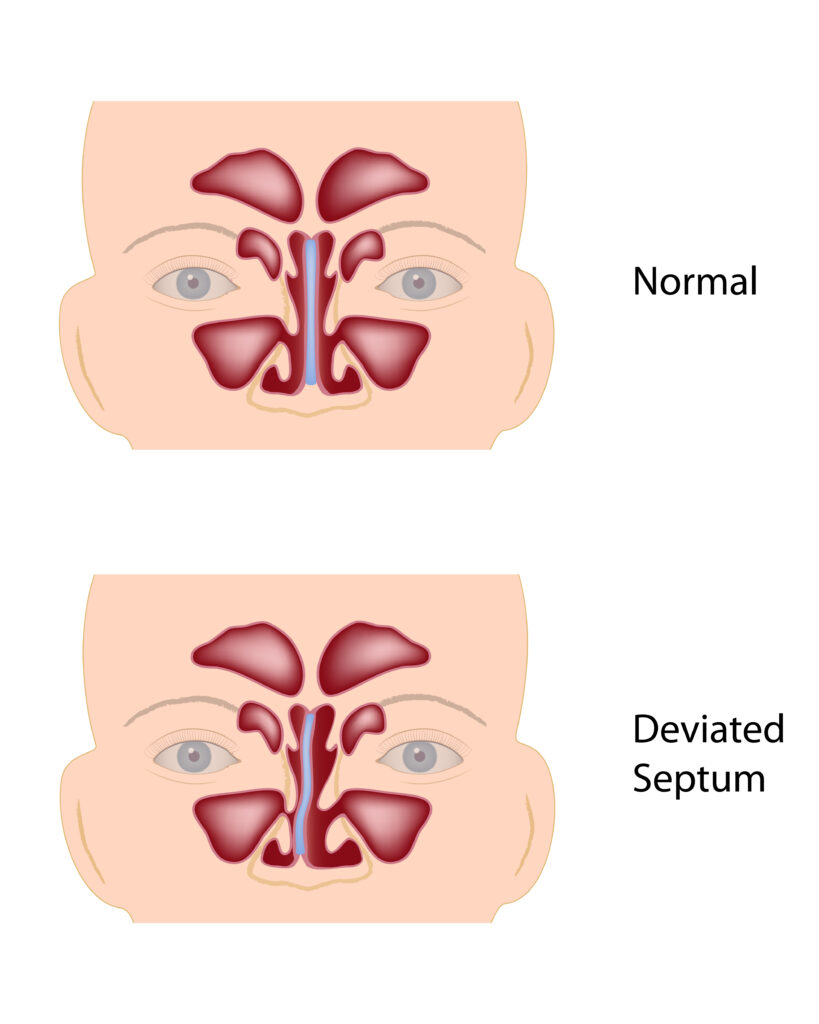DEVIATED NASAL SEPTUM: UNDERSTANDING THE CAUSES, SYMPTOMS, AND TREATMENT OPTIONS

A deviated septum is a common condition that affects the nasal septum, the thin wall separating the nostrils. When the septum is significantly shifted or crooked, it can cause a range of symptoms and impact nasal function. In this blog post, we will explore the causes, symptoms, and treatment options for a deviated septum.
Understanding Deviated Septum:
A deviated septum occurs when the nasal septum is displaced to one side, often as a result of trauma or developmental issues during growth. This misalignment can restrict airflow through the nasal passages, leading to various complications. While some individuals are born with a deviated septum, it can also be acquired through injuries such as a broken nose.
Symptoms and Impact:
The symptoms of a deviated septum can vary from mild to severe. Common signs include nasal congestion, difficulty breathing through one or both nostrils, frequent nosebleeds, recurrent sinus infections, snoring, and sleep disturbances. Additionally, individuals with a deviated septum may experience facial pain, headaches, and decreased sense of smell. The condition can significantly affect quality of life, disrupt sleep patterns, and interfere with daily activities.

Treatment Options:
Treatment for a deviated septum depends on the severity of symptoms and their impact on daily life. In mild cases, over-the-counter decongestants or nasal steroid sprays may help alleviate symptoms. However, for more severe cases, surgical intervention called septoplasty may be recommended. Septoplasty aims to straighten the nasal septum, improve airflow, and relieve symptoms. In some cases, septoplasty may be combined with rhinoplasty to address both functional and cosmetic concerns.
A deviated septum can cause significant nasal obstruction and discomfort, impacting an individual’s overall well-being. Recognizing the symptoms and seeking medical evaluation can lead to appropriate treatment options, ranging from conservative measures to surgical intervention. Consultation with a healthcare professional can help determine the most suitable approach to alleviate symptoms and improve nasal function for a better quality of life.

